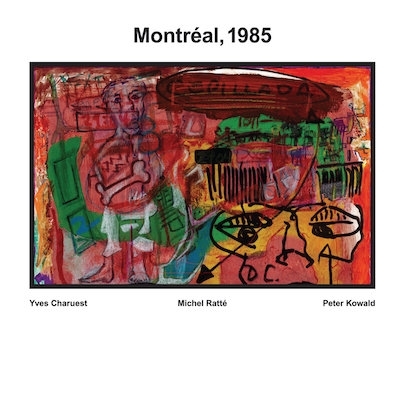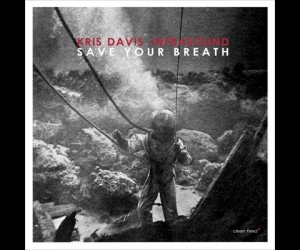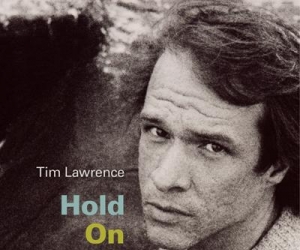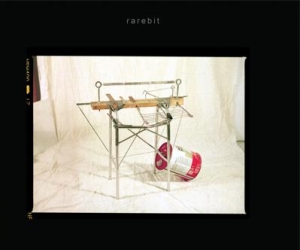
In the past decade, Montreal-based alto saxophonist Yves Charuest has re-emerged as one of Canada’s most significant improvisers. The LP Montréal, 1985 documents a brilliant moment in Canadian jazz when bassist Peter Kowald, a founding figure of the German jazz avant garde, briefly lived in Montreal and worked with Charuest and drummer Michel Ratté. When Kowald returned home, he took this studio recording with him for release. That plan never materialized, but he would soon enlist Charuest for his European trio.
At twenty-four, Charuest had already developed his own voice. On Green circle and triangle dotted (II) it’s clipped and abrasive, leaping erratically from high-pitched squawk to middle-register squabble, driving through Ratté’s loose pulsation and Kowald’s rapid counter lines. Charuest’s composition Elongiaque is a series of episodes: Initially a rhythmically even, flat-toned, almost robotic line, it leads to a dirge-like passage followed by Charuest’s upper register calls that gradually expand with increasingly dense group activity, until Charuest’s cry is the expressive equal of any model he might have found in 1985.
On Abacaba, Charuest matches short phrases, like bits of twisted metal, to brief instants of spiralling freedom, out of which a voice emerges, at once a representation of the creative process as well as a creative act; finding ever more with which to contend, ever more from which to free oneself. Ratté introduces his own composition Tout paradis n’est pas perdu with a brief and pensive piano passage before Charuest and Kowald explore its elusive shape.
Montréal, 1985 is a critical building block in Canadian free jazz.


